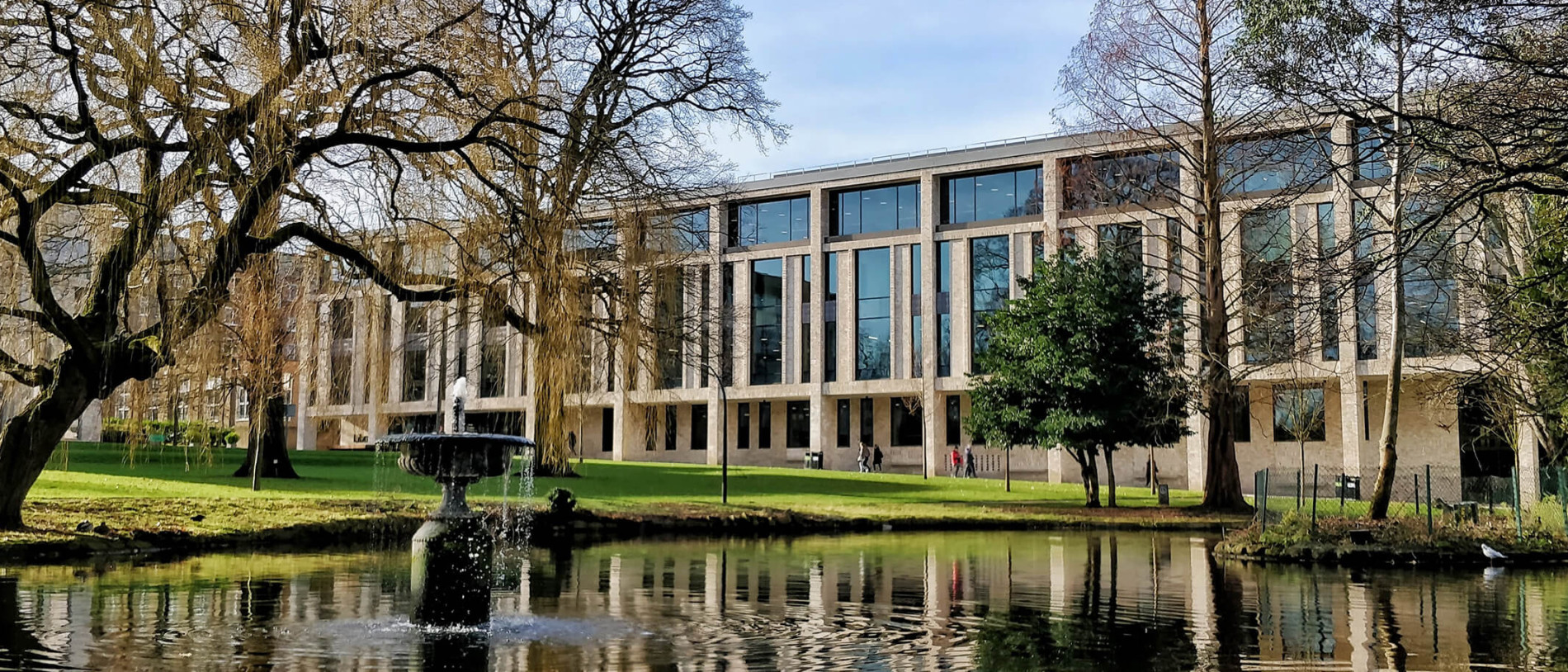

University of Roehampton (London)
Criminology and Policing
Study detals
: Bachelor's degree : BSc (Hons) Criminology and Policing : Full time : 36 MonthRequirements
Entry requirements
Roehampton English Language Test
- Undergraduate degrees - mapped to IELTs scores
TOEFL IBT
- Undergraduate degrees - 80 overall with a minimum of 17 in listening and writing, 18 in reading and 20 in speaking
IELTS Academic
· Undergraduate degrees – 6.0 overall with a minimum 5.5 in each component
Cambridge Advanced Certificate
- Undergraduate degrees – 169 overall with a minimum of 162 in each component
Cambridge Proficiency Certificate
- Undergraduate degrees – 169 overall with a minimum of 162 in each component
All applicants that require a Tier 4 visa must also meet the minimum English Language requirements before we can issue a Certificate of Acceptance for Study (CAS) that is needed to apply for a Tier 4 visa.
Academic requirements
Along with a complete application, EU and international applicants are required to submit various supporting documents. These include:
- Academic qualifications (certificate and transcript)
- Valid English language qualification
- Personal statement
- Two references
Speciality
There aren’t any pathways available
Degree Duration
- 4 years : Full-time - with Foundation Year entry
Additional information
Degree Overview
You will be taught by leading scholars in a Faculty driven by innovative research. Our team has extensive criminal justice experience, and what you will be taught is directly informed by research and consultancy work acting as advisors to the Government, Home Office, Metropolitan Police and Crown Prosecution Service. This degree will focus on developing you as a professional, equipping you with the skills and qualities you need for a career in the field of criminology. You will first be introduced to the key perspectives in criminology and supported to question and debate challenges within the criminal justice system through shared modules with our BSc Criminology and Criminal Justice course. As you progress, you will develop your ability to apply your knowledge through a range of authentic assessments – which could include digital campaigns and community engagement projects. In your second and third years, you will be able to choose from a range of diverse, optional modules so that you can specialise in interests identified in your first year, including victim support, manging conflict situations, the handling of intelligence, interviewing victims and conducting investigations. You will be introduced to historical and contemporary theories of race, gender, ethnicity, religion and immigration, as well as the ongoing criminological debates surrounding the experiences of discriminated individuals within the justice system, and how over criminalisation amplifies social inequalities. The course is designed to mould you into a well-rounded criminologist, meaning that you will also be able to develop your knowledge in areas such as the crimes of the powerful, media representations of crime, cybercrime, drug policy and family criminology. A central feature of this programme is real-world engagement. Through connections with criminal justice agencies, you could study within a prison in the module ‘Prisons and Penal Policy’ alongside serving prisoners while engaging with community agencies, prisons and the police service. You’ll have the opportunity to connect with experts in the sector and gain valuable work experience in an optional placement year between second and third year. You will graduate with an excellent grasp of indispensable skills in criminology and the social sciences, and the skills required to challenge current key ethical, political and moral questions about crime, justice and policing.
Study Reasons
- Studying criminology opens the door to working in many different areas that shape society. You could secure work in the prison and probation services, the police, Home Office or Ministry of Justice.
- Equally, many criminology graduates work in the charity sector or for campaigning organisations focusing on advocacy or criminal justice reform. As a social scientist, your ability to dissect, analyse and research crime, its causes and its potential solutions, will be highly valuable to employers.
- Our dedicated careers team is available to support you from the start of your studies until after you graduate. They will help you build your CV, prepare for interviews and meet and learn from successful Roehampton graduates working at the top of their careers. You’ll also have opportunities to work with our partners across London and beyond, and to attend a Roehampton jobs fair where you can find out about graduate opportunities and meet employers.